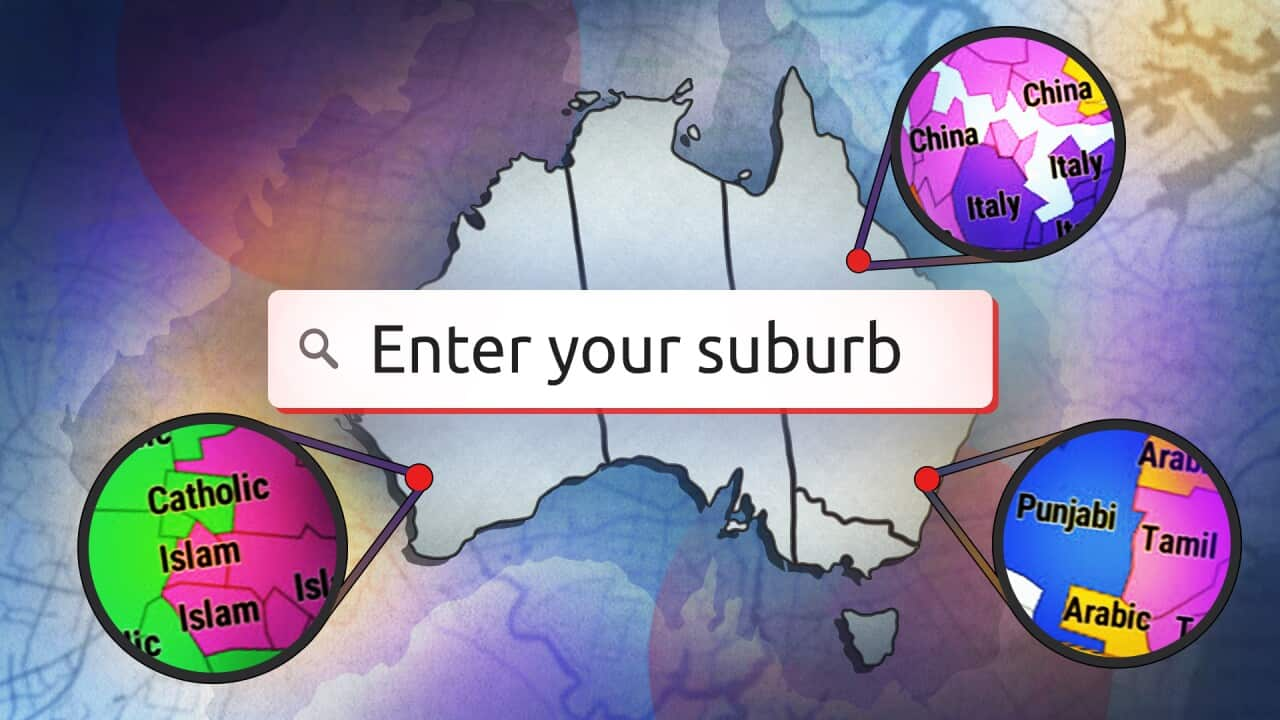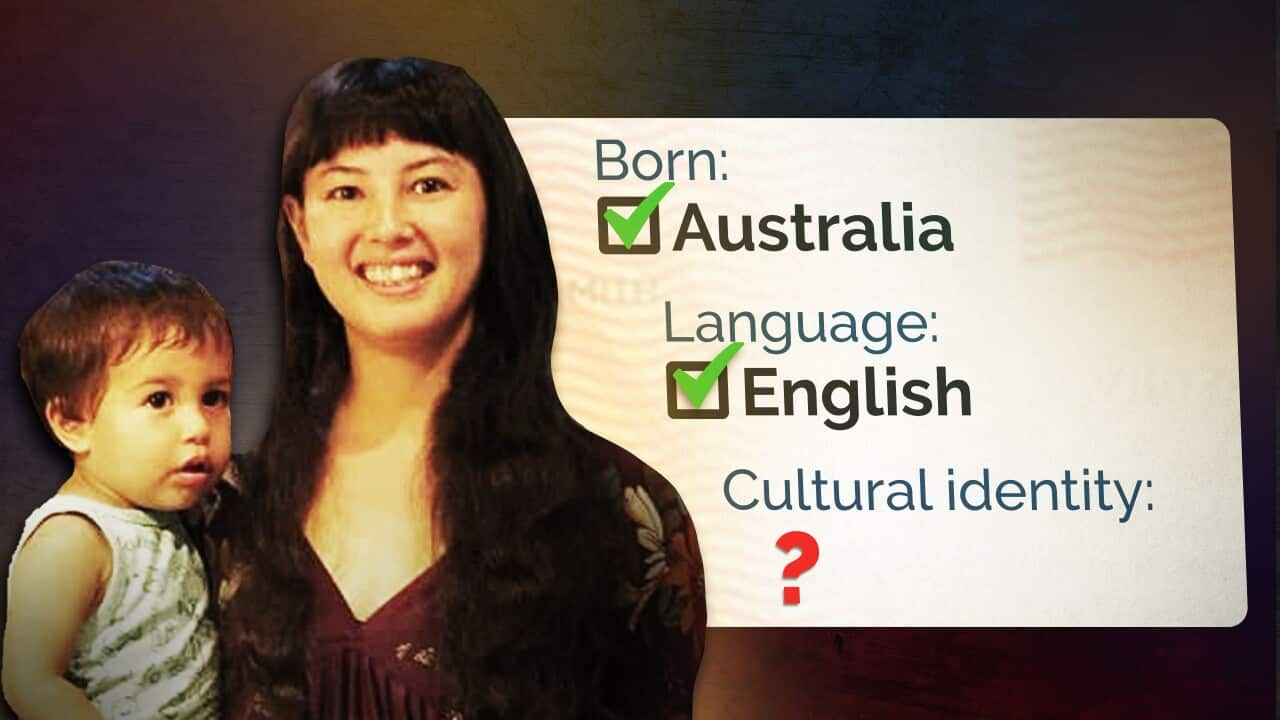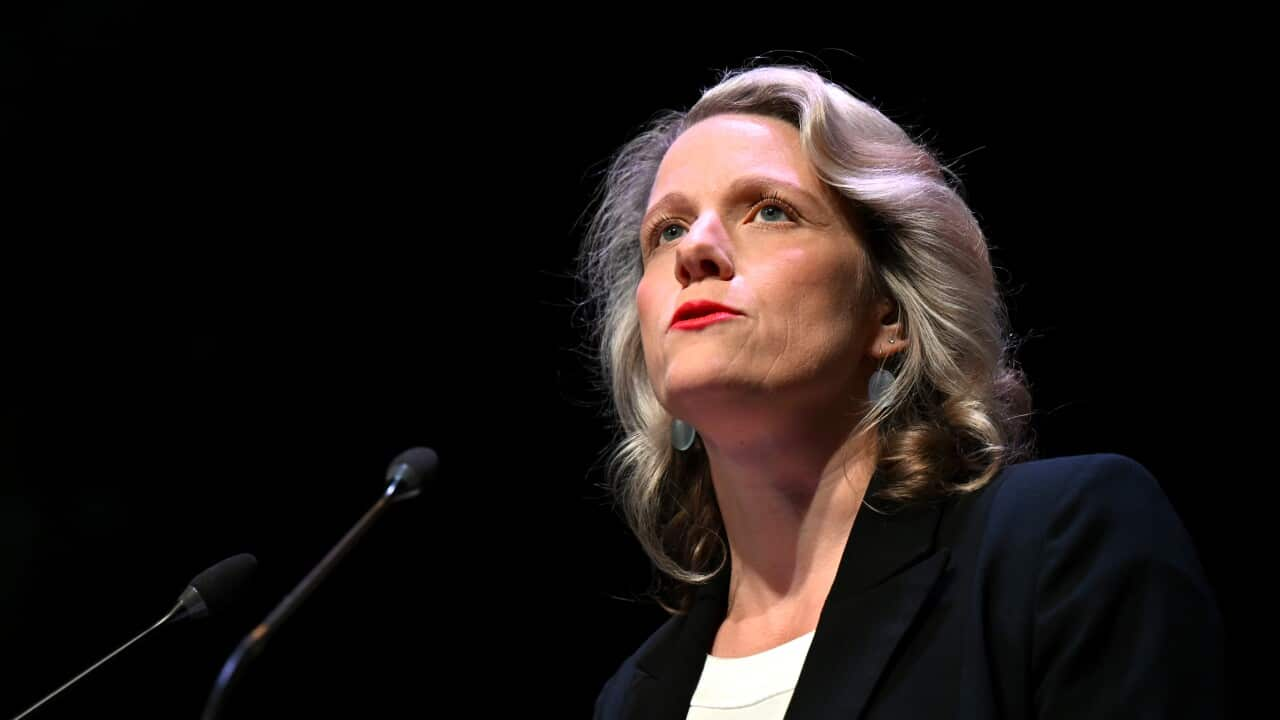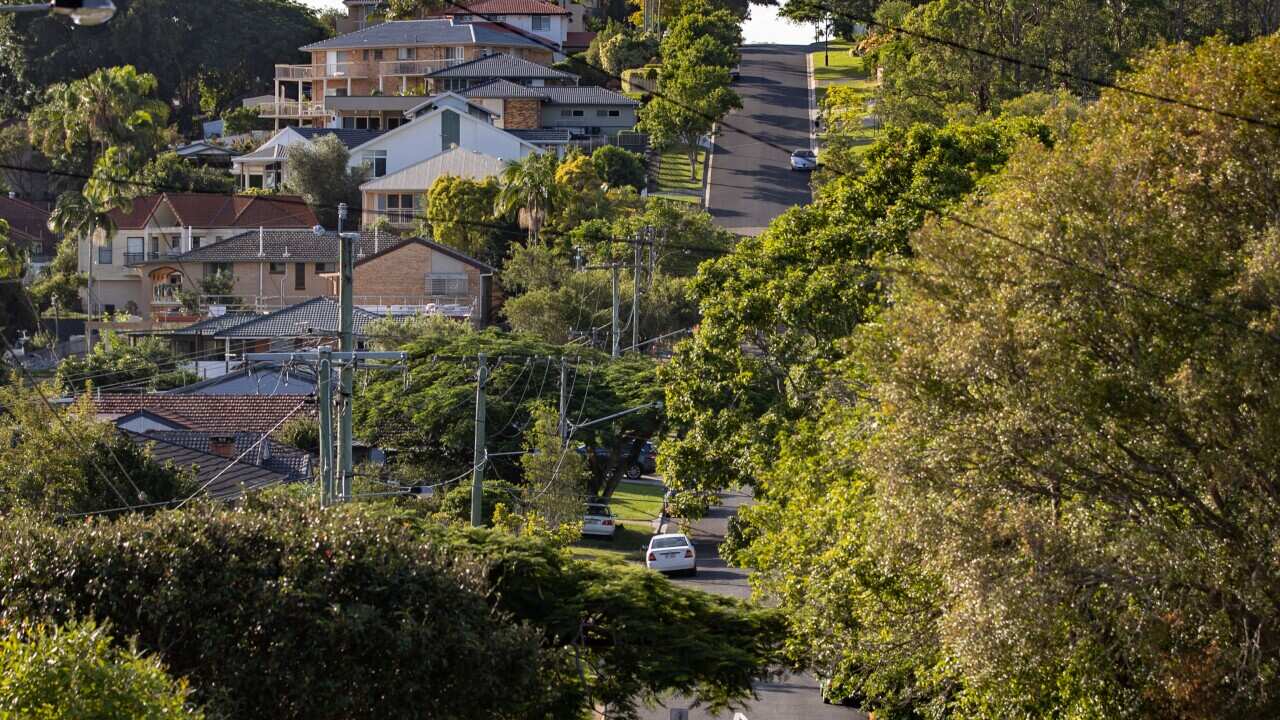For many Australians, cultural background, race, and language spoken with family are important layers of identity.
Labels such as CALD - culturally and linguistically diverse - are commonly used to describe first or second-generation Australians, but researchers and advocates are questioning whether they are still appropriate.
Vicky Arachi, who came to Australia seven years ago, believes the CALD label is not always helpful, and can unintentionally create barriers or reinforce stereotypes.
When Ms Arachi came to Australia, she already spoke English, but was surprised to learn there was still a language barrier in terms of casual Australian lingo and her Greek accent.
"What I was most self-conscious about was my accent; I have an accent and I will never lose it," she said.
"For me, that was a big barrier because there is a lot of unconscious bias; I say one word and straight away people know I'm not from here."
She says being labelled or put in a box did not help.
Ms Arachi says that, while she understands that these classifications are used by the government for administrative purposes, they can unintentionally have negative connotations.
"Although I understand that sometimes it makes things easier logistically, I think that it is a bit of an outdated term," she said.
"I don't think it is useful or relevant anymore ... I think, in a way, it is linked to a deficit."

Vicky Arachi and her family are originally from Greece, and came to Australia seven years ago. Source: Supplied / Vicky Arachi
She acknowledges that her experiences are very different than other migrants or Australians from marginalised communities.
"I am quite a privileged migrant because I am white, and I come from a background that has a long history with Australia; I already spoke the language and I am well educated," she said.
"But would my experience be the same if my skin colour was different, if my language skills were poorer, or if I didn't have a formal education?"
Jieh-Yung Lo, director of the Centre for Asian-Australian Leadership at the Australian National University, also believes the CALD term is outdated.
Mr Lo was born in Australia to ethnically Chinese parents who came from Vietnam. He spoke Cantonese at home, and later picked up Mandarin.
When it comes to identity, he prefers to describe himself as Chinese-Australian or Asian-Australian.
"CALD is a very broad term and I think it doesn't really reflect our authenticity or our lived experiences," he said.
"I feel much more comfortable calling myself a Chinese-Australian or an Asian-Australian ... I feel like the CALD term is a bit out of date."

Jieh-Yung Lo believes the term CALD is outdated, and prefers to identify as Chinese-Australian or Asian-Australian. Source: Supplied / Jieh-Yung Lo
"The Asian-Australian label is a term that we chose to take up and build on; the label and term has brought Asian-Australians closer together and enabled us to support one another on our journeys," he said.
"What makes Australia great is celebrating those multiple identities and dualities, and having a label like Asian-Australian or Chinese-Australian enables me to do that in a much more authentic way."
What does CALD mean and where does the term come from?
A new report from the Scanlon Foundation Research Institute has examined the issue of labelling in relation to cultural identity, posing the question of whether CALD is really a meaningful and appropriate way to measure diversity.
The term CALD was first used by the Australian Bureau of Statistics in 1999, and replaced the acronym NESB (non-English speaking background) as a label to describe diverse communities.
Senior researcher Trish Prentice says her research and essay, "'Why call me that?' Reflections on labels in a diverse nation," had raised the question of whether Australia needs to re-think the way we use labels.
READ MORE

How multicultural is your suburb?
"I am not in a position to make those recommendations, but the questions are important," she said.
"The question of does this term still serve the purpose for which it was intended is a really important question ... I think that is the starting point."
Ms Prentice said it was imperative for members of diverse communities to be included in conversations around appropriate labels.
"It shouldn't be purely an administrative decision ... they should be part of that conversation," she said.
"They are the ones who sit under these labels and should have the strongest voices in these conversations.
Is there a better option?
While there is no simple answer to the issue of labels and diversity, organisations and advocates are beginning to explore other options.
Lisa Annese, CEO of the Diversity Council of Australia, said the term CALD is often used in a workplace striving for more inclusion, but she thinks it often fails to comprehensively address issues of racism and marginalisation.
"Unfortunately the CALD acronym is hopelessly inadequate to assist organisations because it doesn't mention race at all," she said.
"I think there is quite a large percentage of people who are covered by the acronym who feel it is too broad to adequately describe them."
DCA is instead trialling a new acronym – CARM, meaning culturally and racially marginalised – in an effort to describe the experience of being racialised.
"It's not an identity label, it describes an experience of people who are racially 'othered' and what that means for them," she said.
"The CALD acronym is too broad and doesn't adequately describe what is going on.
"As someone myself who fits into the CALD category, I always felt it was a weird way to describe me ... it is very othering."












